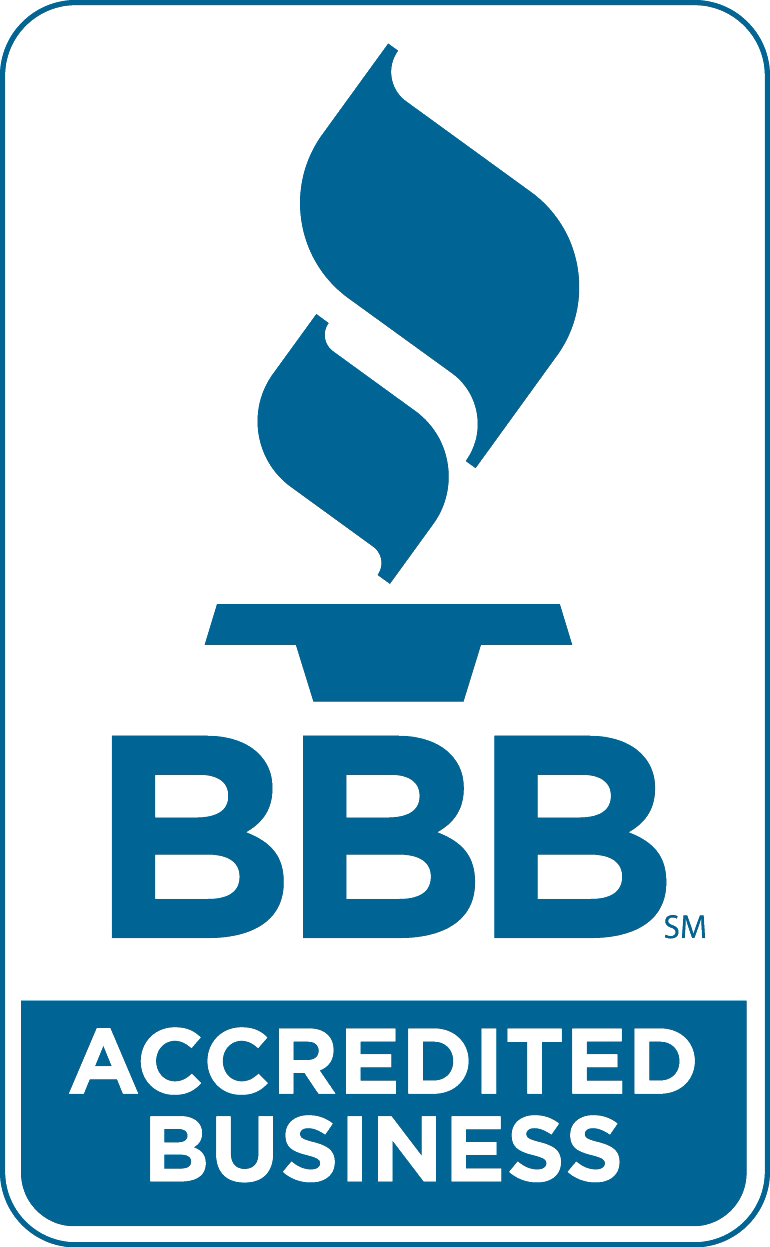Repossession Law
Fortunately, most people will never have to experience the distress of having their car repossessed. However, given today’s economy, more and more people will find themselves dealing with the “repo man” at some point in time. For anyone who is either facing the prospect of a repossession, or has already had to deal with one, there are a few things you should know which will help you cope.
You Can Get Up to Two Bites of the Apple Before Losing Your “Stuff”
As you would expect, the repossession process begins when you are late on a payment. This necessarily means you bought an item on credit, and agreed to pay back the loan over time. Not all property can be repossessed when you miss a payment however; only property that is subject to a security interest. Such property generally includes real estate, motor vehicles, watercraft, and sometimes even furniture and appliances. A “security interest” means the finance company has the right to take back the item and sell it to somebody else if you default on a payment. Although you will receive a credit for the amount recovered in the re-sale, you can still be held liable for any remaining deficiency.
In Missouri, if you miss a payment on the due date of your loan, the finance company MUST wait 10 days before sending you a notice of default. The notice of default has to be sent to your last known address and must give you 20 days to “cure” the default. The notice of default must state the exact amount you owe, and the balance of your loan cannot be accelerated. The notice of default does NOT have to be sent via certified or registered mail, but it MUST be in writing. As long as you bring your loan current by the date indicated, the finance company is prohibited from repossessing your property. If you fall behind on your loan a second time, the process repeats itself. However, if you fall behind a third time, no further notices are required and the finance company can repossess your property without warning.
If, at any step along the way, the finance company fails to provide you with proper notice (both in form and manner), even if only by a minor deviation, any subsequent repossession is unlawful and may subject the finance company to a wrongful repossession lawsuit.
Handling the Storm After the Calm
Losing your car in a repossession is bad enough. What comes next is often worse. If you owe more on a car at the time of the repossession than what it’s worth, the finance company can sell the car, apply the proceeds to the balance owed, and then sue you for the rest. This is called a “deficiency action,” and it probably leads to more bankruptcies than any other type of debt there is. The good news is that deficiency actions can be defeated. The finance company must not only prove the amount you owed at the time of repossession, it must also prove the car was disposed of in a “commercially reasonable manner.” As it turns out, this is an extremely high standard which is often difficult for finance companies to meet.



